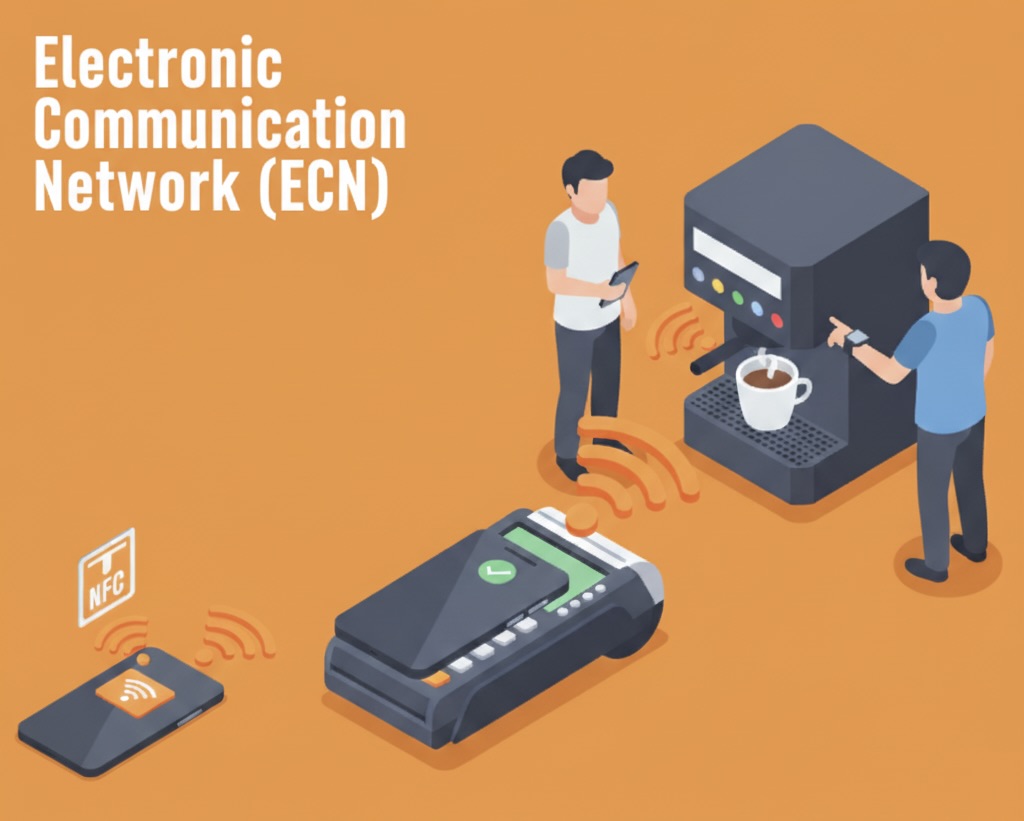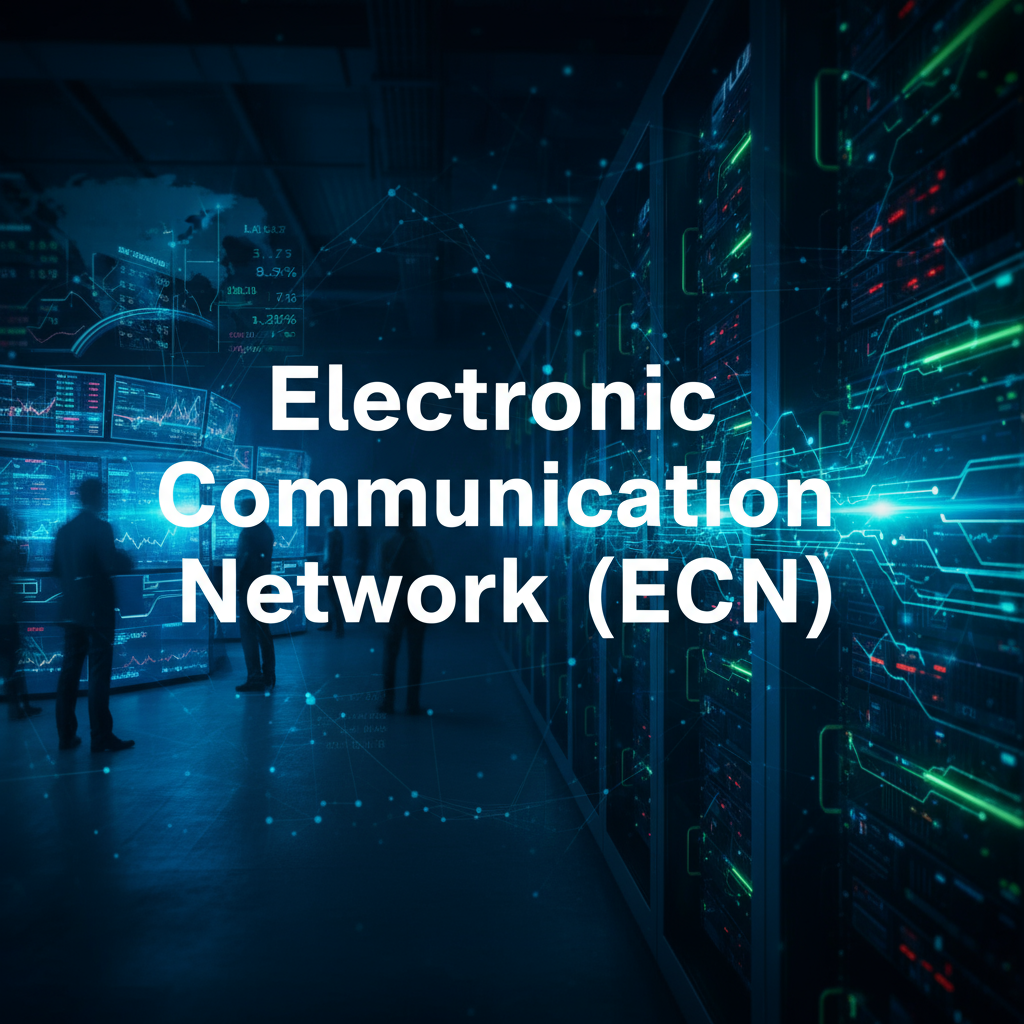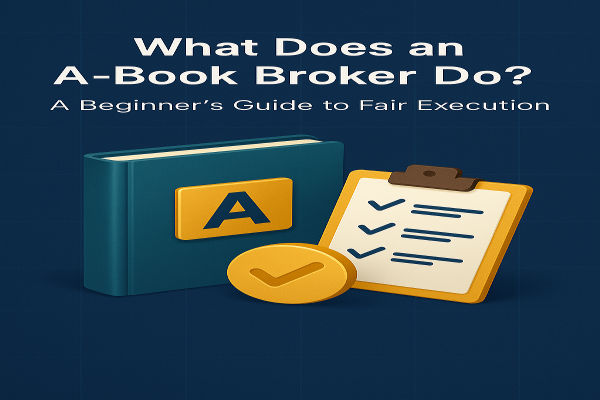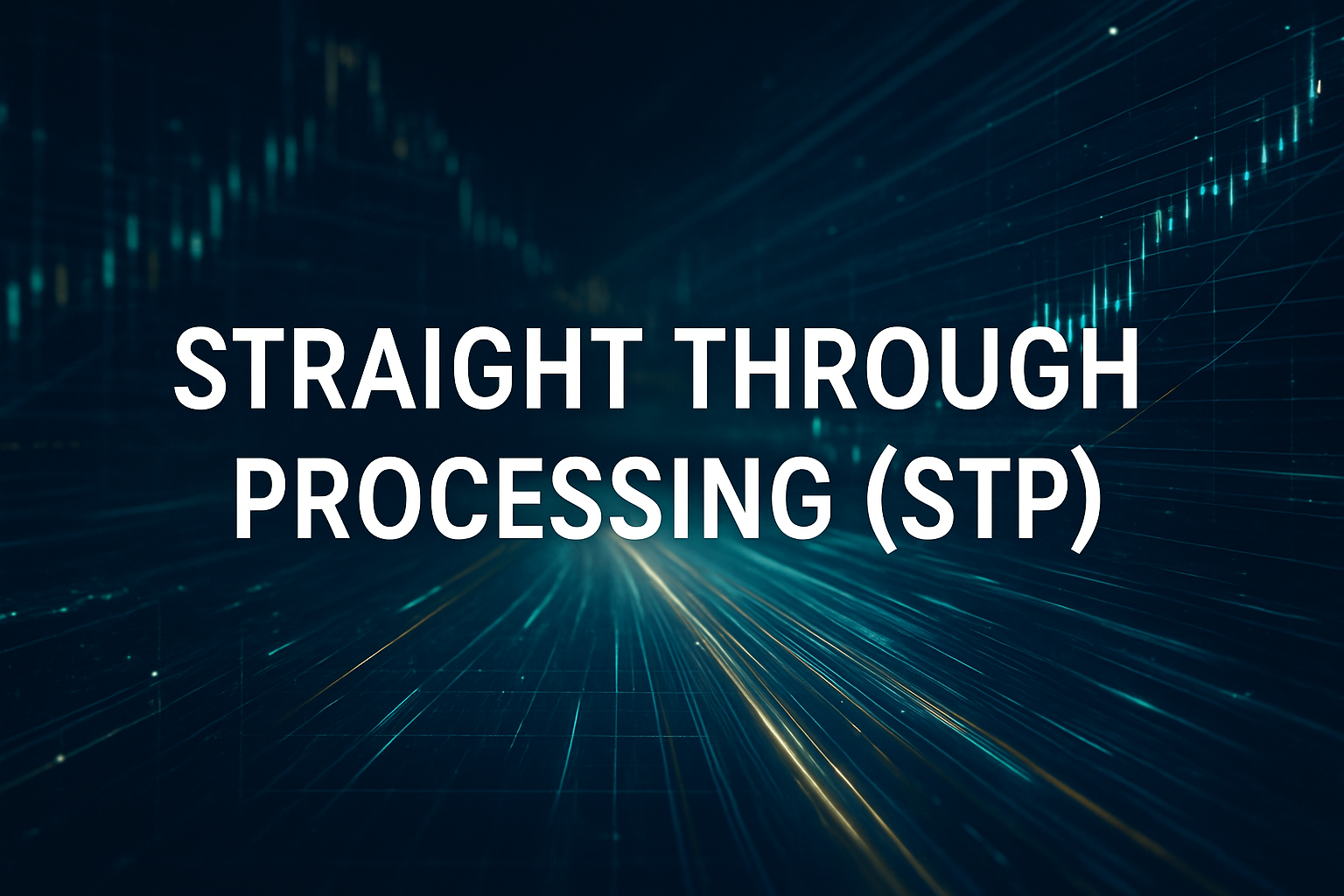Electronic Communication Network (ECN) brokers connect traders directly to banks, hedge funds, and other participants, creating a true marketplace with real, competitive prices.
Introduction
An Electronic Communication Network (ECN) is a digital trading system that matches buy and sell orders directly between market participants.
Unlike traditional brokers or dealing desks, ECN brokers don’t take the other side of your trade, they simply connect you to a pool of global liquidity providers such as banks, hedge funds, and other traders.
Definition

An ECN broker is a type of Non-Dealing Desk (NDD) broker that uses an electronic network to match client orders directly with other participants in the market.
When you place a buy order, it’s automatically matched with a corresponding sell order from another participant, such as a bank, institution, or another trader within the ECN.
Because there’s no middleman involved, prices are determined by market forces rather than a broker’s internal system. ECN brokers typically charge a small commission per trade instead of profiting from spreads.
How Electronic Communication Network Works
ECN systems aggregate buy and sell prices from multiple liquidity providers and market participants, then display the best bid (buy) and ask (sell) quotes in real time.
Here’s how it works in practice:
You place an order to buy or sell a currency pair.
The ECN instantly checks for matching orders from other traders or institutions.
If there’s a match, the trade executes automatically at the best available price.
If no match is found, your order stays visible in the network until filled.
Example
Imagine a trader in Hong Kong wants to buy EUR/GBP through an ECN broker. The broker’s ECN platform connects to several liquidity providers, including major European banks and financial institutions.
If one institution offers to sell at 0.8648 and another at 0.8649, the trader’s order is automatically filled at the best available rate.
The broker doesn’t take the other side of the trade; instead, it simply matches the trader’s order through the ECN and charges a small commission for facilitating the transaction.
This system gives traders access to tight spreads, transparent pricing, and faster execution particularly valuable for day traders and institutions trading large volumes.
Advantages And Disadvantages
| Advantages / Benefits |
Disadvantages / Risks |
| Real market access and transparent pricing |
Commission fees per trade |
| Tight spreads from multiple liquidity providers |
Higher minimum deposits required by some ECN brokers |
| No conflict of interest between broker and trader |
Variable spreads can widen during high volatility |
| Access to market depth (Level II pricing) |
More complex platforms, less beginner-friendly |
Why Electronic Communication Networks Matter
ECN brokers provide true market connectivity, allowing traders to compete and transact on equal footing with institutions.
Their transparency and efficiency make them especially popular among professional and algorithmic traders who value low latency and direct market access.
Related Terms
Non-Dealing Desk (NDD): A broker model that routes orders directly to liquidity providers or ECNs instead of internal execution.
Straight Through Processing (STP): An automated order-routing model where trades are passed directly to liquidity providers.
Market Depth: A measure of available liquidity at different price levels, showing how many orders exist to buy or sell at each level.
Liquidity Provider: Banks or financial institutions offering buy and sell prices in global markets.
Frequently Asked Questions (FAQ)
1. Do ECN brokers manipulate prices?
No. ECN brokers simply match orders between participants, so prices reflect real market conditions.
2. Is ECN trading better for beginners?
ECN brokers offer fair, transparent pricing, but their platforms can be complex. Beginners may prefer STP brokers first.
3. How do ECN brokers make money?
They earn through small commissions per trade, not from spreads or client losses.
Summary
In short, Electronic Communication Network (ECN) brokers connect traders directly to a pool of banks, institutions, and other participants, ensuring real-time market pricing and transparent execution.
They eliminate dealer interference, reduce spreads, and enhance market fairness making them ideal for experienced and institutional traders, yet increasingly accessible to retail traders seeking direct market access.
Disclaimer: This material is for general information purposes only and is not intended as (and should not be considered to be) financial, investment or other advice on which reliance should be placed. No opinion given in the material constitutes a recommendation by EBC or the author that any particular investment, security, transaction or investment strategy is suitable for any specific person.





















